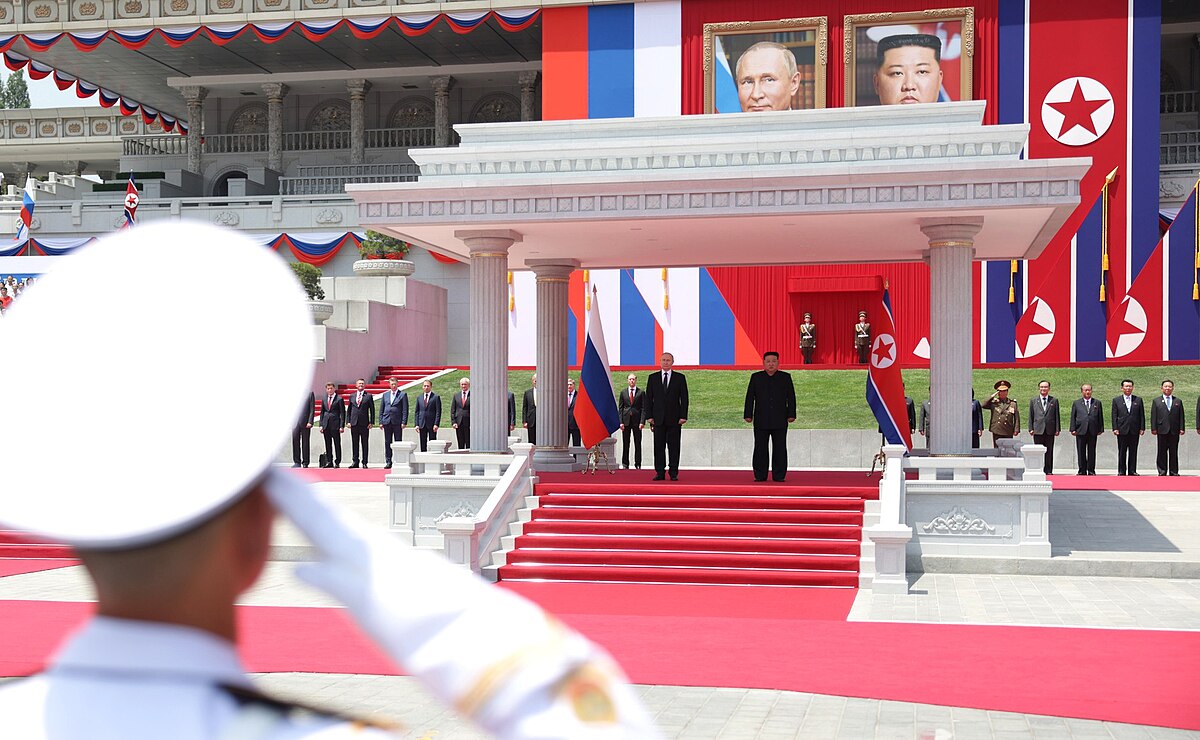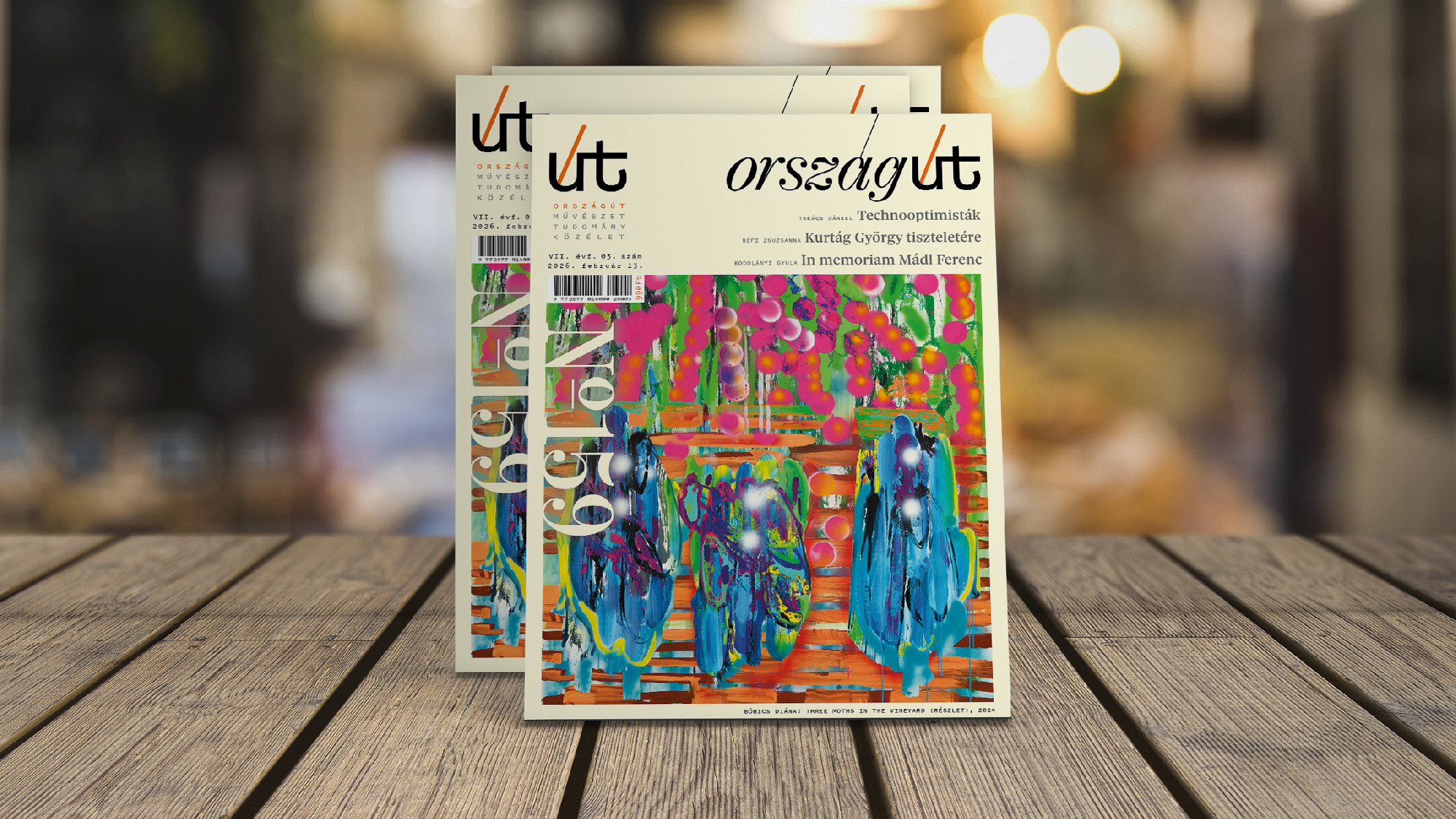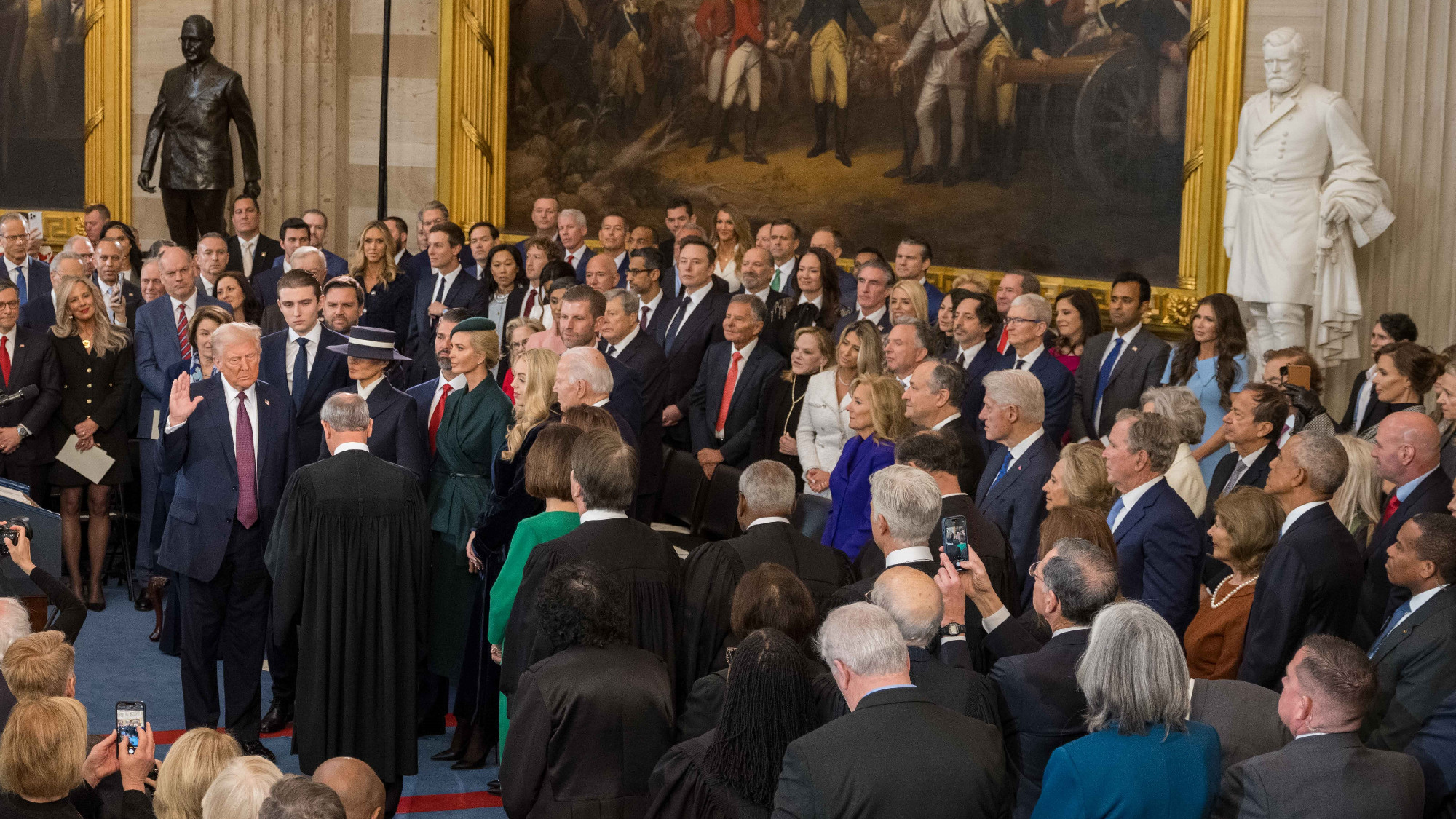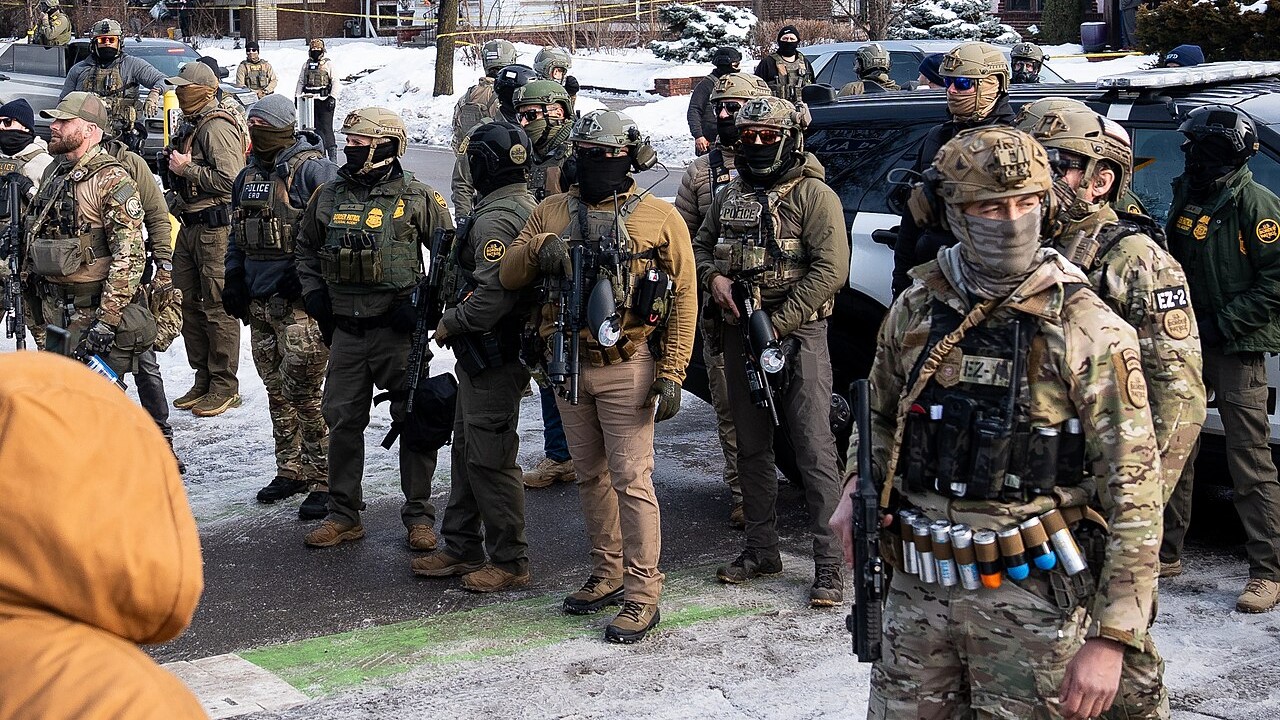The world has changed a lot, especially in the last quarter of a century. Twenty-four years ago, Vladimir Putin, then a young and energetic leader, visited the capital of the Democratic People’s Republic of Korea, then not a place frequented by other leaders. Putin was representing a Russia on the mend, which had made relations with the West a priority, but was not going to abandon former satellite countries on the periphery of the collapsed empire. A week or so ago, the Russian President visited Pyongyang for the second time, but circumstances had changed dramatically since his earlier tour. Now he arrived in the DPRK as an old and tired leader, isolated internationally, to negotiate cooperation against “Western countries” with the North Korean dictator Kim Jong-un.
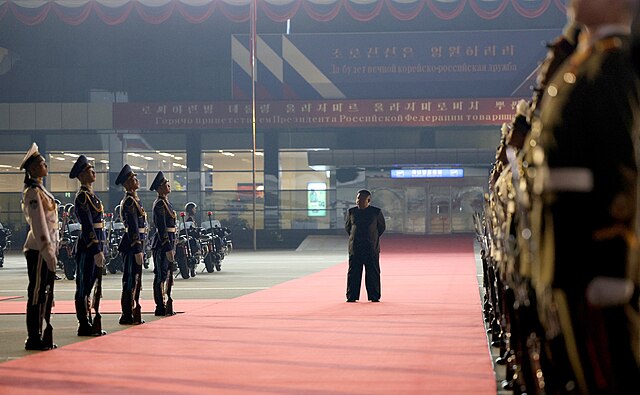
Kim Jong-un waiting for Vladimir Putin 18 June
The Leningrad Analogy and the Peace Offensive
Much has changed in the world over the past seven or eight years, too. Back in 2017, the DPRK’s continued demonstrations of force—nuclear test explosions, missile tests—had led to the emergence of a broad international cooperation to put an end to the unruly conduct of the regime in Pyongyang. At the time, the international community’s punitive measures were voted for by Russia and China, and appeared to have succeeded in exerting pressure on the regime. Increasingly severe, they led North Korean propaganda to liken the country to “Leningrad under blockade”, but the Kim family finally decided, in a quick turnaround, to launch an unexpected peace and smile offensive. The results of this were the inter-Korean summits in 2018 and Kim Jong-un’s personal meetings with US President Donald Trump. However, friendship making soon ran into obstacles: the Americans would not even hear about the suspension of sanctions until the Kim regime renounced its nuclear ambitions and related missile development. Thus, the DPRK once again retreated behind its barbed wire and sandbags, coinciding with the escalation of the coronavirus pandemic. Most of the diplomatic missions resident in Pyongyang left the country, but the Chinese and the Russians stayed behind. The former see the northern part of the Korean peninsula as part of their sphere of influence, while the latter have seen hopes of restoring Russian positions in the DPRK.

A bouquet for Vladimir Putin arriving in Pyongyang 18 June
Spheres of Influence
At this point it is worth saying a few words about the issue of spheres of influence. Throughout history, the greatest threat to the Korean peninsula had always been posed by the various Chinese dynasties, and it was only in 1895 that the Korean Kingdom was freed from Chinese vassalage. This was followed by a brief Russo–Japanese rivalry, which resulted in a war between the two rival empires in 1904–1905. With the defeat of the Tsarist Empire, Korea became a colony of the Empire of Japan, only to be partitioned along the 38th parallel in 1945. The northern part came under the sphere of influence of the Soviet Union, and the southern part that of the United States. The DPRK, like the Romania of Ceaușescu, for all its pig-headed rowdiness, remained part and parcel of the Soviet sphere of interest. In the early 1990s, this changed, and the DPRK came under Chinese influence, in keeping with the tradition of Korean history.
However, the steady growth of Chinese clout became stifling for the DPRK, and not only because of the historical experience of previous centuries. China sought to limit the rampage of the Pyongyang regime, not least because North Korean nuclear test explosions threatened the Chinese border region and North Korean missile tests have regularly resulted in US naval manoeuvres in East Asian waters. But Putin’s Russia, which has become a relentless enemy of the “global West” with its war in Ukraine, has been forced to enlist the DPRK’s assistance in its fighting, and Pyongyang and Moscow have found common ground.
“A Big Gift”
Although the recent summit in Pyongyang may have appeared to bring both sides to the negotiating table with a win-win sense, the DPRK is the long-term winner in the current situation. On the one hand, they have managed to break out of the “Leningrad blockade” without any compromise, and, on the other hand, they have managed to loosen themselves from China’s stranglehold by playing the Russian card. However, it is important to note that North Korea is obviously asking for a lot in return for its unconditional support of Russia. The American political scientist Victor Cha writes in his analysis that they could be asking for a “big gift” from the Putin leadership. This might be a steady transfer of technology to modernize North Korea’s obsolete weapons production, from missile technology to submarine production.
News agency reports on the summit noted that the most worrying development was the mutual defence pact between the parties in the event of an attack by a third country. Most disquieting, however, is not so much this symbolic and demonstrative agreement but rather the fact that the Putin-Kim handshake will lead to the modernization and expansion of the North Korean defence industry. The world has changed a lot since 2017, when the common international goal was to rein in North Korea.
The author is a Koreanist scholar, former ambassador to Seoul, and senior research fellow at the John Lukacs Institute of the Ludovika University of Public Service
Translation by Péter Pásztor
Cover photo: The state visit with the two leaders and their picture, 19 June

